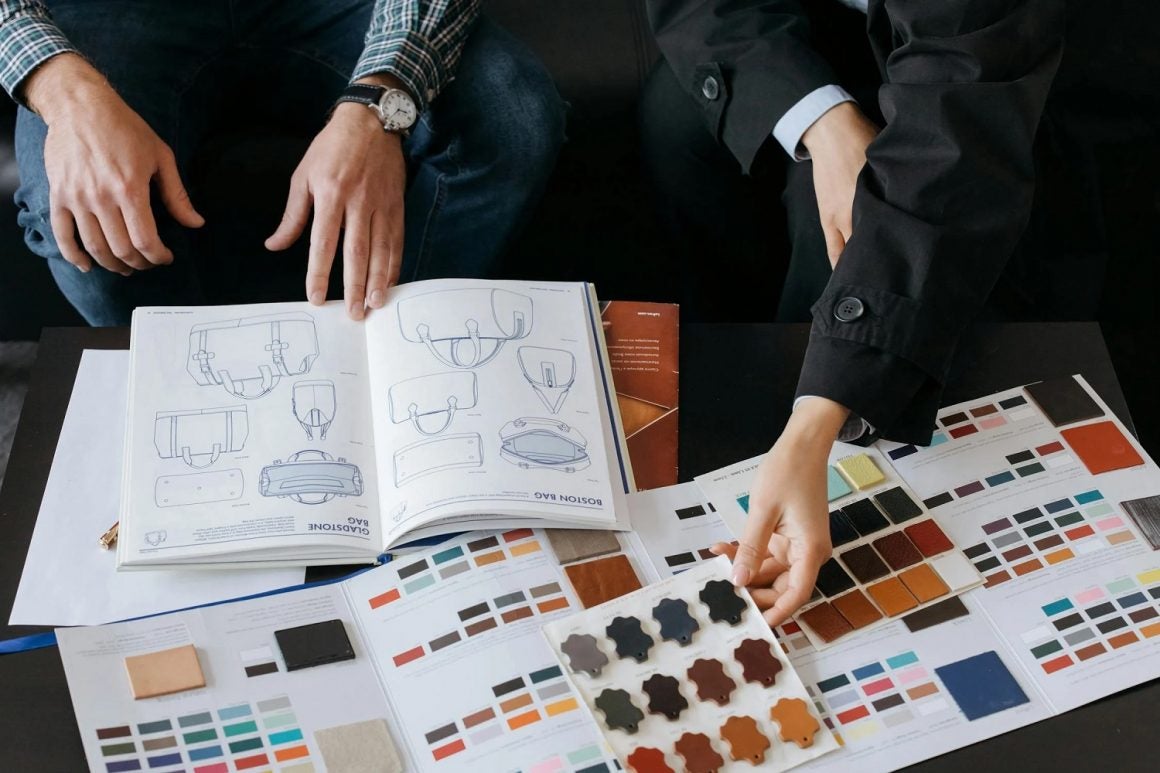Design has always been a reflection of evolving needs and values.
In 2024, lifestyle products are pushing boundaries to enhance everyday functionality and align with deeper trends in sustainability, wellness, and adaptability.
Here’s a look at the design trends influencing how we live and interact with products daily, with each trend promising innovative functionality and a tailored experience.
Sustainable Design
In response to the growing push for eco-friendly living, more products are designed with recycled materials, low-impact processes, and sustainable packaging.
Brands are focused on reducing environmental harm while creating quality, durable items that resonate with environmentally conscious consumers.
Minimalism with Bold Accents
Minimalist design is evolving this year, adding personality without losing its clean appeal. Expect to see bold, eye-catching accents woven into minimalist spaces through vibrant colors, unique patterns, or statement pieces that bring subtle rooms to life. This balance creates a simple yet inviting look.
Personalization and Customization
Personalization of lifestyle products is in full swing, driven by demand for unique, made-for-you items.
Today’s consumers aren’t looking for cookie-cutter products – they want pieces that reflect their style, whether custom birthday poster templates for events or color options on household items. This trend is about giving people tools to make products of their own, and it’s taken off across everything from home decor to personal gadgets.
Multi-Functional Designs
With space often limited, multi-functional products are becoming essentials. Versatile items – like furniture with built-in storage or hybrid gadgets for work and home – meet practical needs while minimizing clutter. These designs cater to consumers looking for efficiency without sacrificing comfort.
Augmented Reality (AR) Integration
AR is changing how people interact with products before they buy them. Now, you can visualize how the furniture fits in your living room or try out a wall color in real time.
This added interaction layer helps consumers make better purchasing decisions and adds a practical, tech-forward touch to the shopping experience.
Biophilic Design
Bringing the outdoors in is a growing design priority, with biophilic elements like natural wood, plants, and flowing water features becoming common.
Products incorporating organic textures and nature-inspired patterns, such as leaf motifs or stone finishes, aim to create peaceful, grounded spaces. Studies link exposure to natural elements with reduced stress and increased productivity, so biophilic design isn’t just beautiful – it’s beneficial for our well-being.
Seamless Tech Integration
Tech-enhanced products are becoming as practical as they are innovative, thanks to the seamless integration of smart features.
Devices in 2024 aim to blend into daily life with understated designs, like a coffee table that doubles as a wireless charger or lamps that subtly adjust light based on the time of day. Its technology is designed to complement, not clutter, the home, making everyday interactions more straightforward and intuitive.
Wellness-Focused Elements
Wellness-centered design emphasizes comfort with products that support physical and mental well-being. From ergonomic seating to natural color palettes, these products are crafted to create environments that help people feel at ease.
By encouraging relaxation and focus, wellness-integrated designs make enjoying the spaces we live and work in easier.
Accessible and Inclusive Design
There’s growing awareness around making products usable for everyone, regardless of physical ability. Accessibility in design is now prioritized from the outset, with user-friendly handles, adaptable seating, and clear, intuitive instructions. This inclusivity trend acknowledges that great design considers all abilities and ages, ensuring functionality is at the core.

